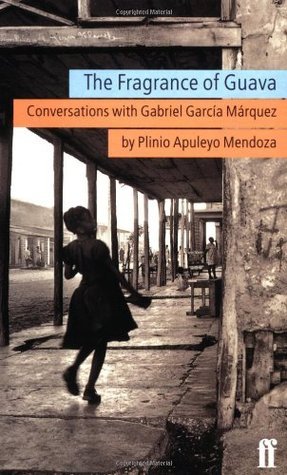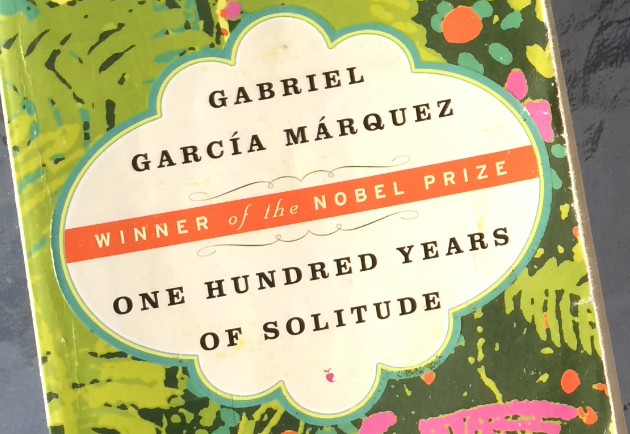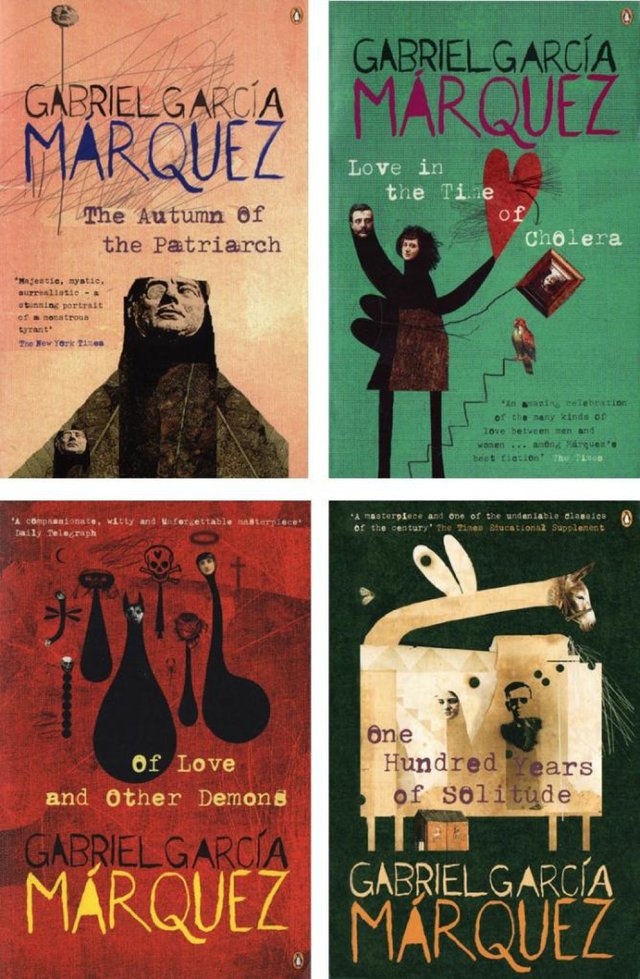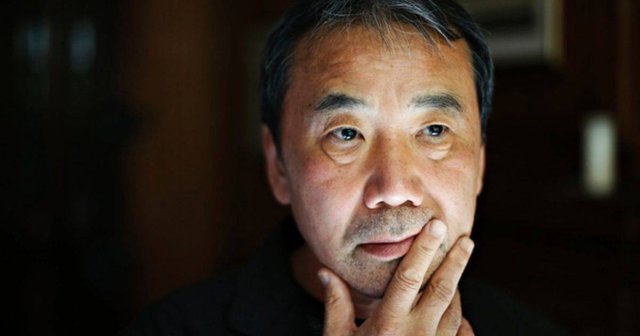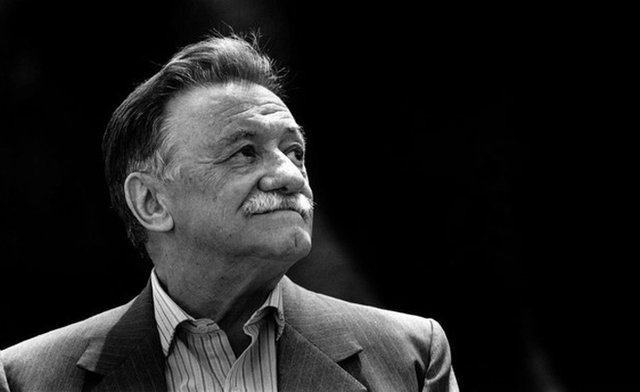Writing like the greats: Gabriel García Márquez
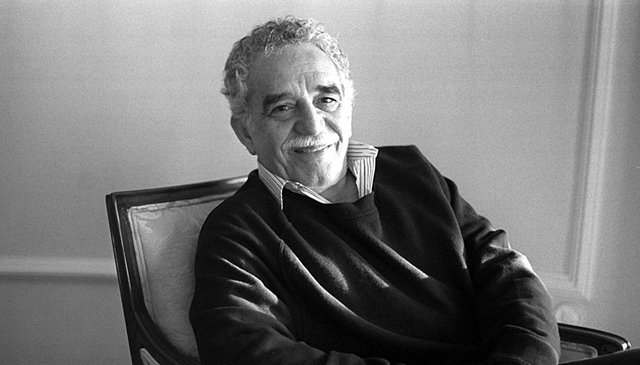
Gabriel García Márquez is still one of the most readed authors all over the world. He was a Colombian novelist, short-story writer, screenwriter and journalist who died in 2014 but his legacy goes on. Familiarly known as Gabo, García Márquez is considered one of the most significant authors of the 20th century, especially after he was awarded the Nobel Prize in Literature in 1982. He wrote many acclaimed non-fiction works and short stories, but is best-known for his novels. Among them, the bigger two are: Cien años de soledad (One Hundred Years of Solitude) and El amor en los tiempos del cólera (Love in the Time of Cholera).
In 1982 the colombian novelist and jurnalist Plinio Apuleyo Mendoza published El olor de la guayaba (The Fragrance of Guava: Conversations with Gabriel Garcia Marquez). In that book, Gabo speaks about many things: his family, his concerns, his manias and fears and oter stuffs. But I wanna concentrate in what he says there about his early struggles as a writer, his literary antecedents, and why and how we wrote what he did.
One of the first things Garcia Marquez says about writing is that a novel can emerge from an idea, but in his case, the beginning of a novel came to him as a visual image. He first saw something and from that vision a novel was born. And the, when it comes to writing, Gabo says: "The best literary formula is always the truth". He invites us to write without artifice. One of the reasons for his success is that he tells things that seem magical, fantastic, but he does it in an imperturbable way. That narrative style that, according to the author, was the one that his grandmother used to tell him stories, is what gives credibility to his fictions. He would discover the same method later when he read Kafka's Die Verwandlung.
Now, what is the perfect place to write? Garcia Marquez says: "a desert island in the morning and a big city at night". He used to write from nine am to three pm in a quiet place. He needed silence in the morning to write. But at night he liked to have a drink and talk with friends 'cause he needed to be in touch with people.
At one point Garcia Marquez shows his patience. He says he usually wrote fast, a couple of years to write Cien años de soledad but he thought about the book for over fifteen to seventeen years! For Crónica de una muerte anunciada (Chronicle of a Death Foretold) the waiting lasted thirty years! Why? because if an idea for a novel is really good it's gonna stay sticked to you for as long as it takes until one day you're ready to write it down. So don't rush. Take your time.
Gabo also explains how his way of writing changed through time. When he was young he used to write ten, twelve pages in one night, then he copied the pages to correct. But in his latter years he started to rewrite while he was writing. It was a slower process (maybe a paragraph per night) but the resulting page was practically ready to be sent to his editor.
His favorite book? Oedipus Rex by Sophocles, which influence I think is evident in Crónica de una muerte anunciada. But he also read Kafka, Tolstoi, Dostoievski, Balzac, Flaubert, Dickens; and he loved Joyce, Woolf and above them all Faulkner and Hemingway. We can look there for some learnings as well.
The colombian writer said "inspiration" was a word discredited by the romantics. It was not a spark or a divine blow. For him it was more like a "...reconciliation with the subject by force of tenacity and dominance." In other words he said inspiration was the result of hard work and dedication. There is no muse, no God, no heavenly spirit. Only you and your writing.
Tell the truth, take your time, rewrite, read and work hard is what Gabo says in this book (among many other valuable things). What do you think about that? do you agree? do you think they are useful ideas? let me know below in the comments. See you later on our next Writing like the greats, where we're gonna talk about another marvelous author.
